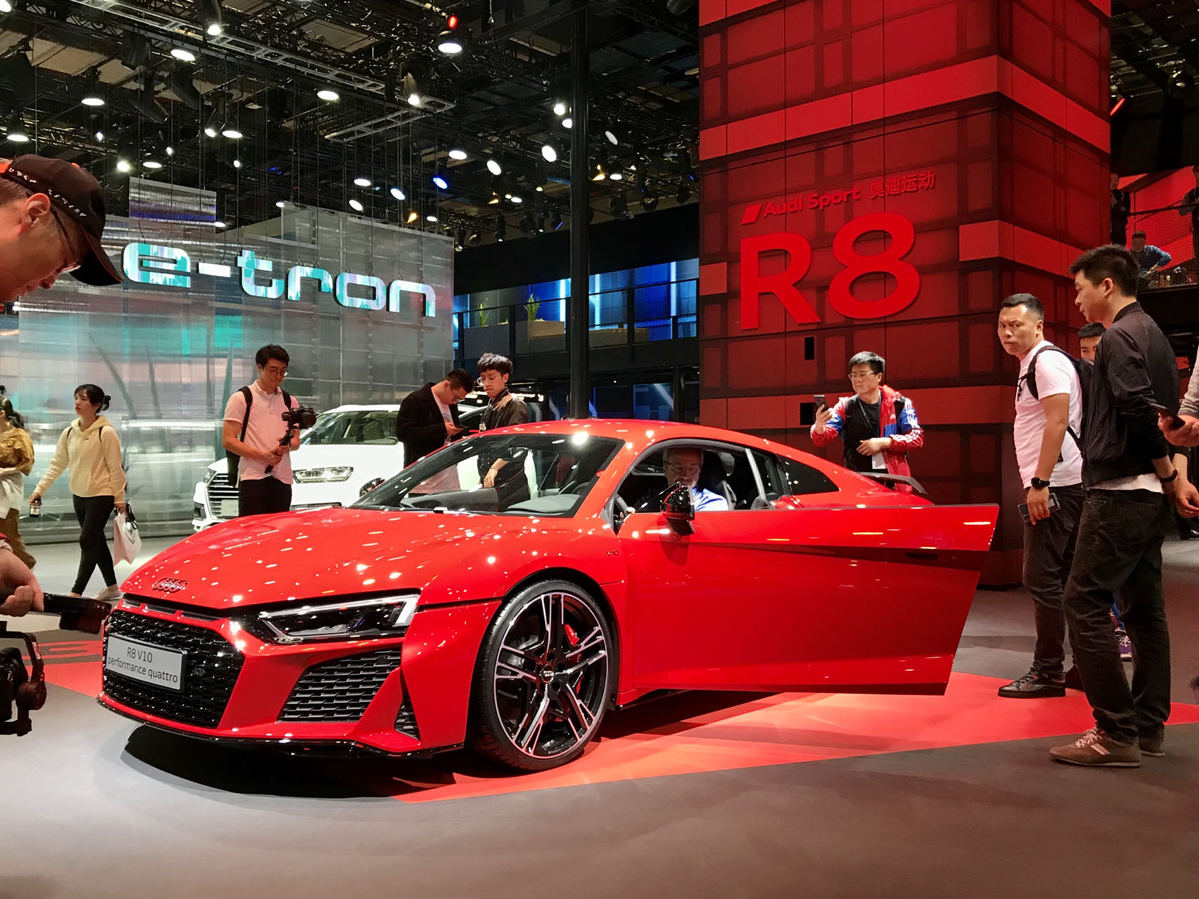SAIC, Audi to speed up EV development

Chinese carmaker SAIC said on Thursday that it has reached a consensus with its partner Audi to speed up collaboration on electric vehicle development.
An Audi representative told China Daily that the two companies' cooperation is limited to products at their joint venture SAIC Audi, which now produces and markets gasoline and electric Audi models.
There were reports earlier this month that Audi wanted to purchase an electric vehicle platform from a Chinese carmaker for its products globally. The Audi representative said the reports were nothing but media speculation.
SAIC said in a statement that the two companies agree that the Chinese vehicle market is undergoing unprecedented changes so they will further deepen cooperation to start a new chapter of their partnership.
Zu Sijie, vice-president and chief engineer of SAIC, said the two partners' form of cooperation is not definite, adding that technology licensing and joint development are all possible.
"It will be a process during which we learn from each other to seek win-win results," said Zu.
Besides its partnership with SAIC, Audi has joint ventures with FAW, one of which is dedicated to electric vehicles.
The EV joint venture's first model, based on the PPE platform co-developed by Audi and Porsche, is expected to roll off the assembly line soon after construction finishes in late 2024 in Changchun, Jilin province.
In an interview with China Daily earlier this month, Audi China President Juergen Unser said the joint venture will become a "new chapter" for the carmaker's development in the country.
Statistics from Audi show sales of its electric models in China in the first five months this year were almost five times the figure in the same period last year. Its deliveries of NEVs, which include electric vehicles and plug-in hybrids, soared 288 percent year-on-year.
Invest in China Copyright © 2026 China Daily All rights Reserved
京ICP备13028878号-6
 京公网安备 11010502032503号
京公网安备 11010502032503号





